The Link Between Laundry Detergents and Skin Health

When we think of skincare, our minds often drift to the products we directly apply on our faces or bodies - serums, lotions, and sunscreens. But there's an oft-overlooked aspect of skincare, one that's an integral part of our daily lives: laundry. The detergents and softeners we use have a profound impact on our skin, especially for those with sensitivities or conditions like eczema.
Why the Right Detergent Matters
Our clothes are in constant contact with our skin. If they carry irritants from harsh detergents, these can transfer to our skin, causing dryness, irritation, and allergic reactions. Ingredients like dyes, fragrances, and other chemicals present in many detergents can be culprits of these irritations. For people with sensitive skin or skin conditions, these reactions can be even more pronounced, leading to prolonged discomfort and exacerbated skin problems.

Enter Hypoallergenic Detergents
'Hypoallergenic' isn't just a fancy term thrown around. It represents a product designed to reduce the risk of allergic reactions. Hypoallergenic detergents are often free from fragrances, dyes, and other common irritants. They prioritize skin health by ensuring your clothes are clean without leaving any harmful residue behind.
For instance, the Care & Protect Eco Laundry Detergent stands out as a prime example. Not only is it effective at washing, but it's also EcoLabel certified, meaning it's environmentally friendly. Designed for both machine and hand washing, it's hypoallergenic - a must-have for individuals with sensitive skin or eczema. It ensures effective cleaning even at lower temperatures, which further reduces the risk of skin irritations often exacerbated by high-temperature washing.
Softening the Deal
While detergents clean, softeners ensure our clothes feel comfortable against our skin. However, just like with detergents, using the wrong softeners can lead to skin issues.
The Care & Protect Eco Laundry Softener is an excellent complement to the hypoallergenic detergent. It's ideal for all fabric types, softening them and making ironing easier. Most importantly, it's designed with skin health in mind, ensuring your clothes are soft without exposing your skin to potential irritants.

Laundry Tips for Those with Sensitive Skin
Sensitive skin can feel like a constant battle. Everyday factors that don't trouble most people can become major irritants for those with delicate skin types. One of these factors? Laundry. The very detergents, softeners, and processes meant to clean our clothes can sometimes wreak havoc on our skin. Thankfully, with a little knowledge and a few tweaks to your routine, you can ensure your laundry is kind to your skin. Here are some vital laundry tips for those with sensitive skin:
Opt for Hypoallergenic Detergents
Hypoallergenic detergents are designed to minimize the risk of allergic reactions. These products usually lack the dyes, fragrances, and harsh chemicals that can irritate sensitive skin. Brands like Care & Protect offer specially formulated hypoallergenic detergents perfect for delicate skin.
Double-Rinse Your Clothes
Ensure all detergent residues are washed off by setting your washing machine to perform an extra rinse cycle. This ensures any lingering detergent, which can be an irritant, is thoroughly removed from your clothes.
Use Gentle Fabric Softeners
Just as with detergents, fabric softeners can also irritate sensitive skin. Opt for softeners specifically made for sensitive skin, and always follow the recommended quantity. Overuse can leave residues that irritate the skin.
Wash New Clothes Before Wearing
New clothing can have residual dyes and chemicals from the manufacturing process. Always wash them once before wearing to remove any potential irritants.
Avoid High-Temperature Washes
Hot water can exacerbate skin irritations. Stick to cooler temperatures, especially since modern detergents like the Care & Protect Eco Laundry Detergent are designed to be effective even at lower temperatures.
Regularly Clean Your Washing Machine
Buildup of mold, mildew, or soap scum in your machine can transfer to your clothes. Run a cleaning cycle or use a washing machine cleaner once a month to ensure it's spotless and safe for sensitive skin.
Wear Natural Fibers
Cotton, silk, and linen are generally more skin-friendly than synthetic materials. They allow your skin to breathe and are less likely to cause irritations.
Separate Delicates and Heavily Soiled Clothes
Washing delicate items or clothes for sensitive skin separately from heavily soiled garments (like workout clothes) reduces the chance of transferring any irritants.
Test New Products First
Before fully switching to a new detergent or softener, test it with a small load first. Wear the cleaned clothes and see how your skin reacts over the next few days.
Laundry for those with sensitive skin doesn't have to be a chore laden with worries. With the right products and some precautions, you can ensure your clothes are clean, soft, and above all, gentle on your skin. Your skin deserves care at every layer, and that starts with the clothes you wear.
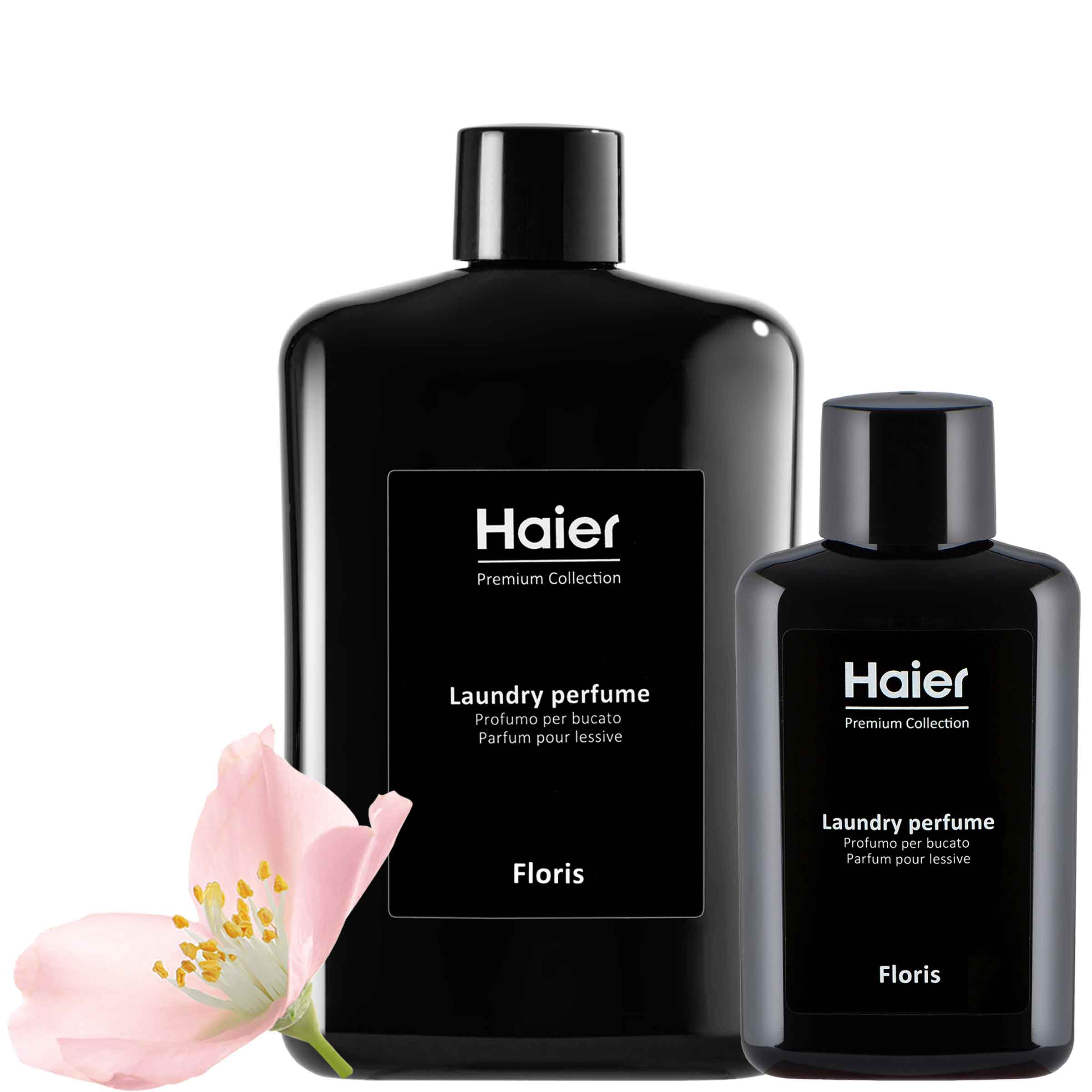
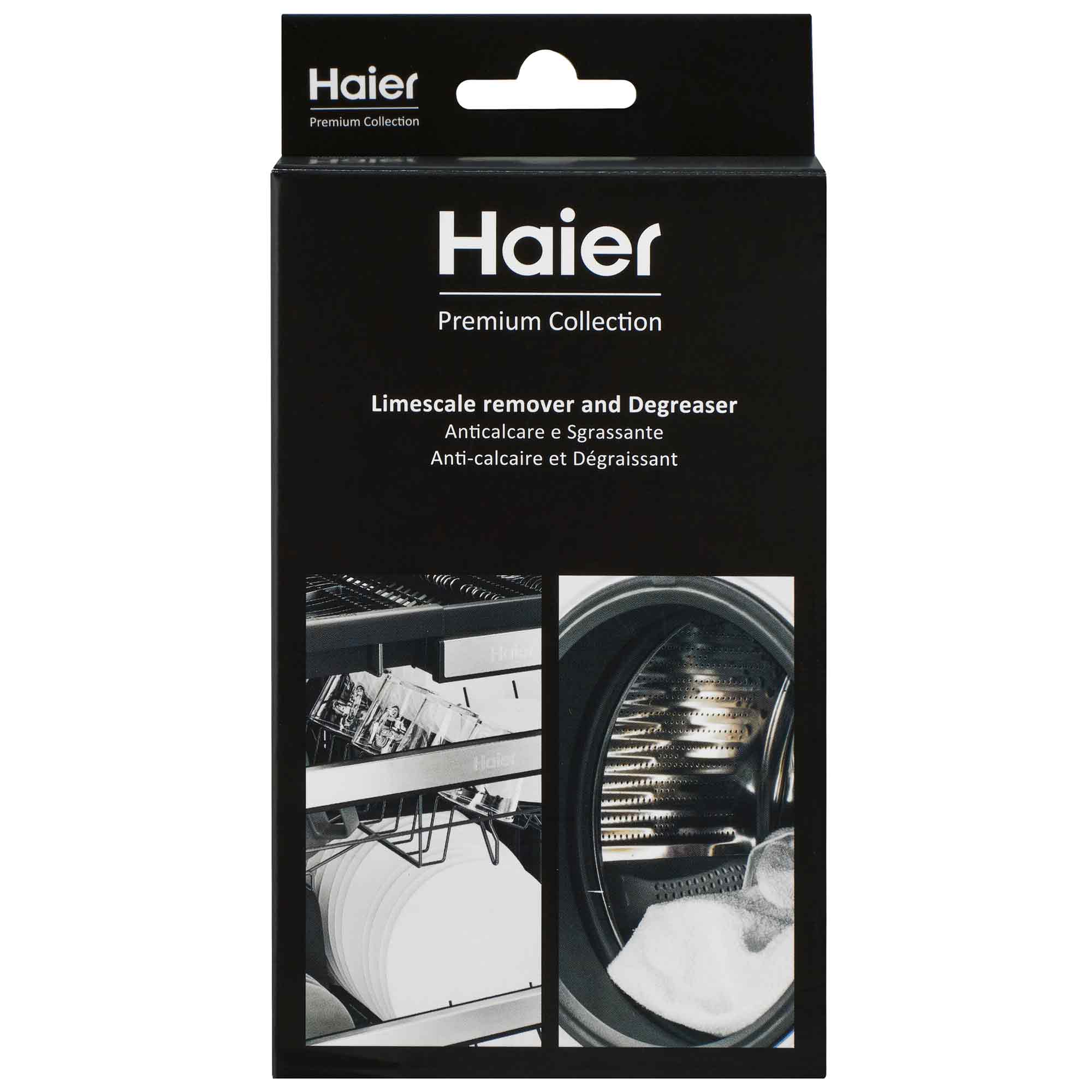
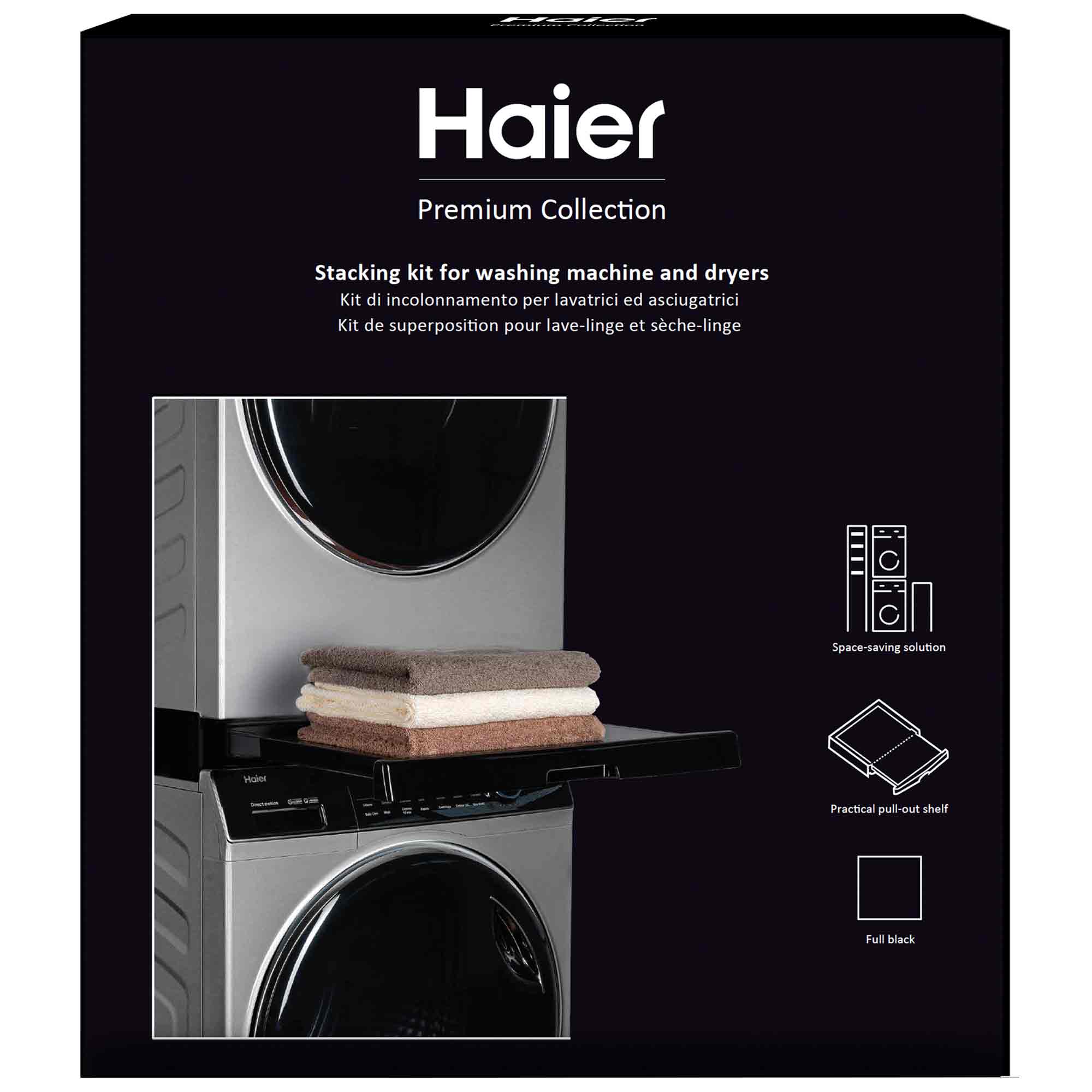
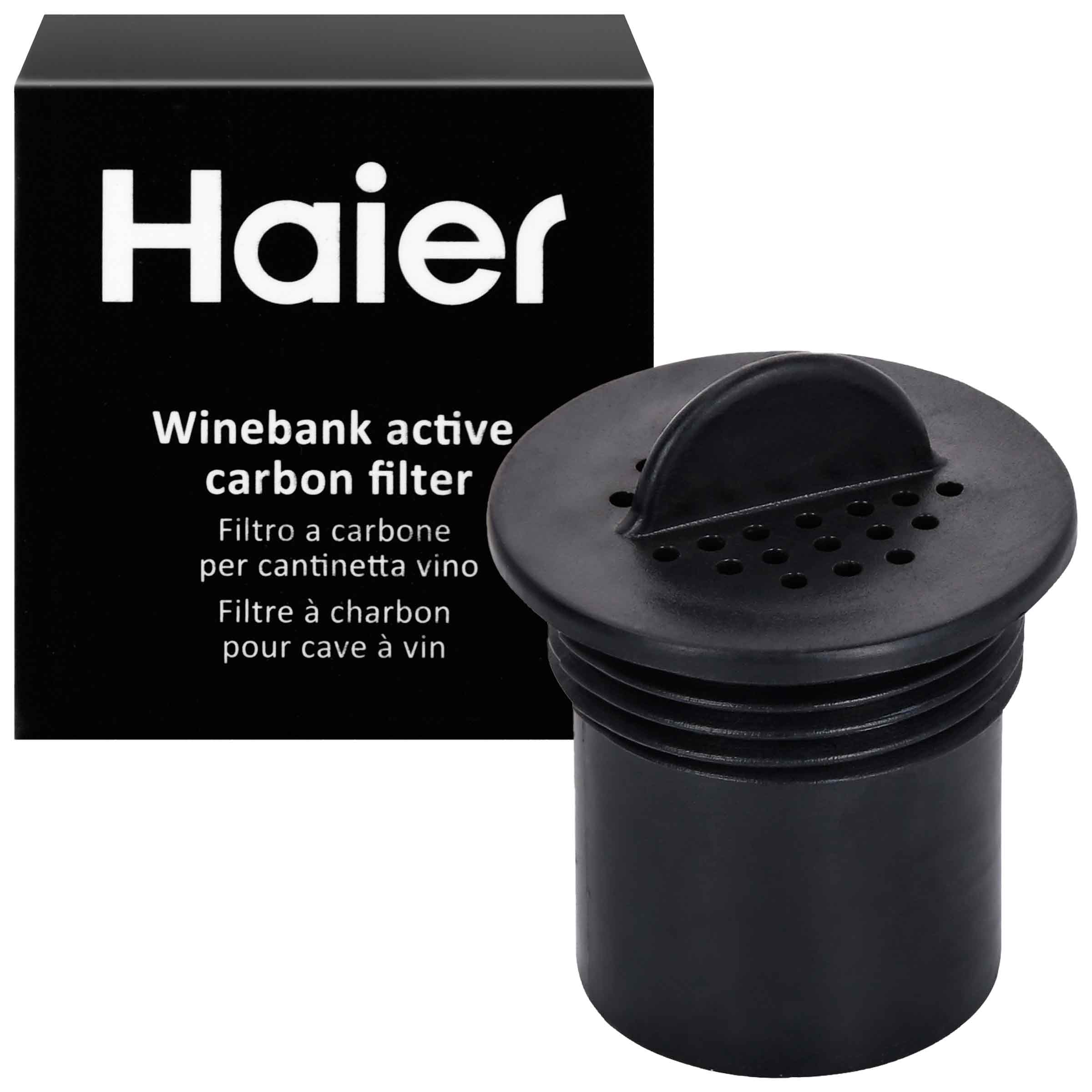
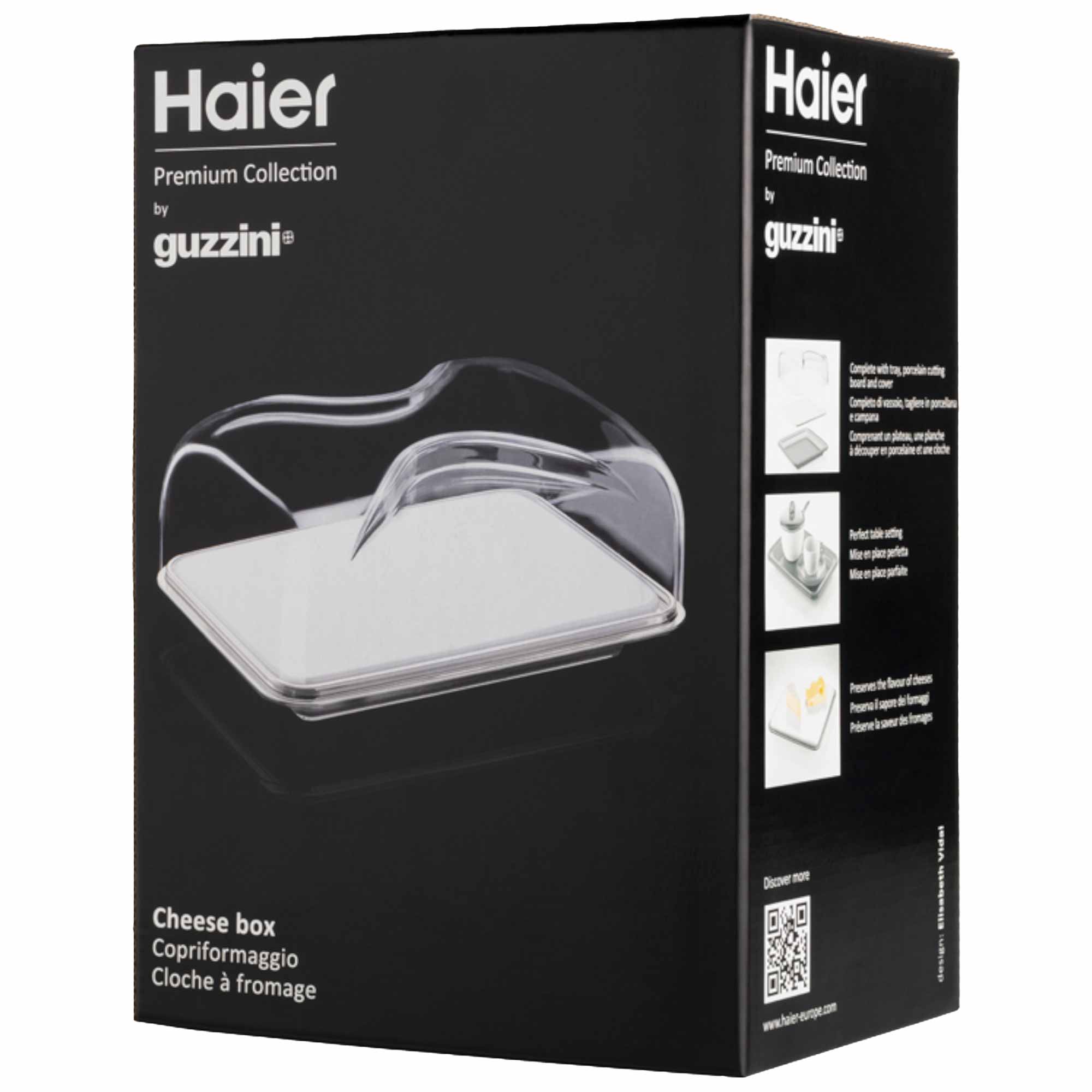
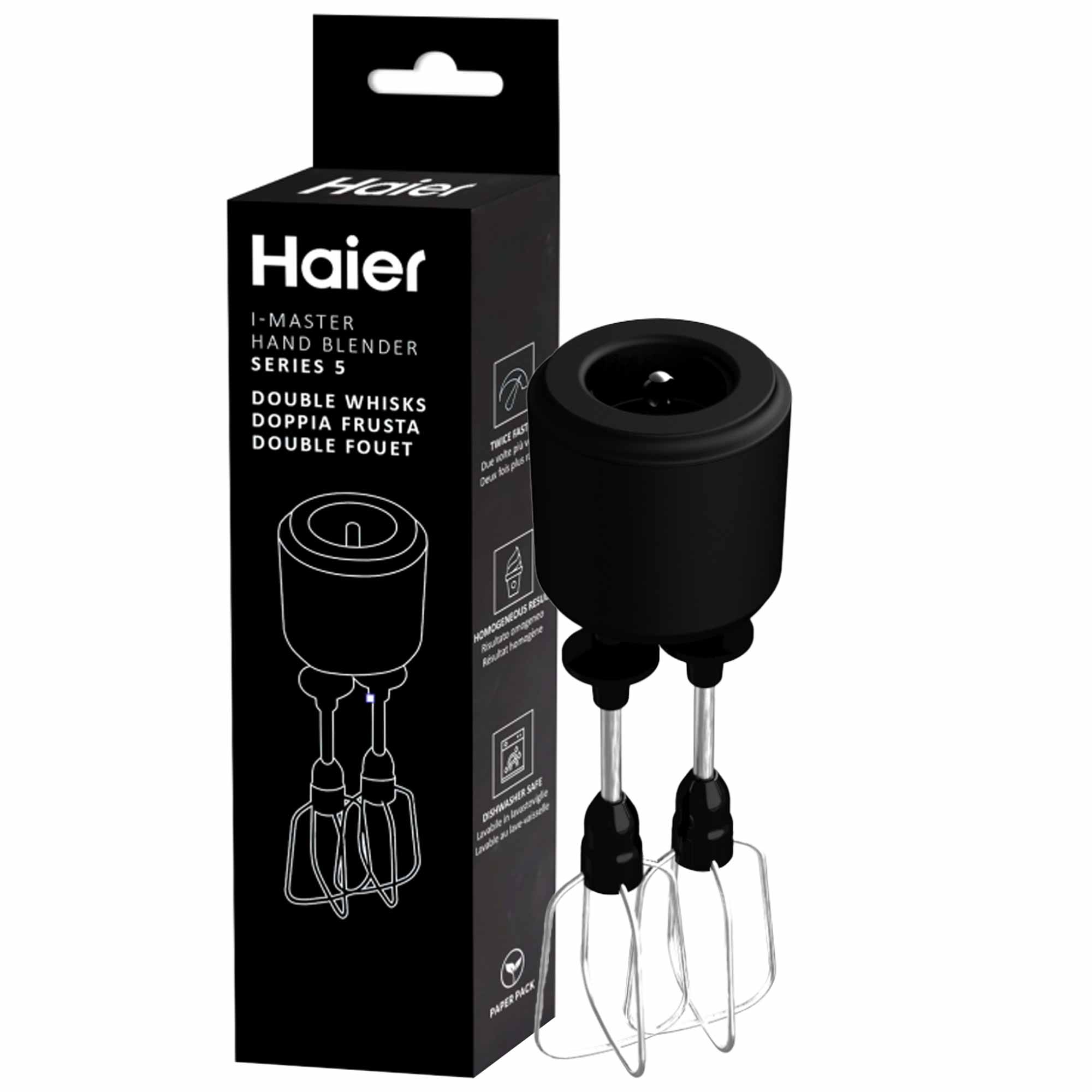
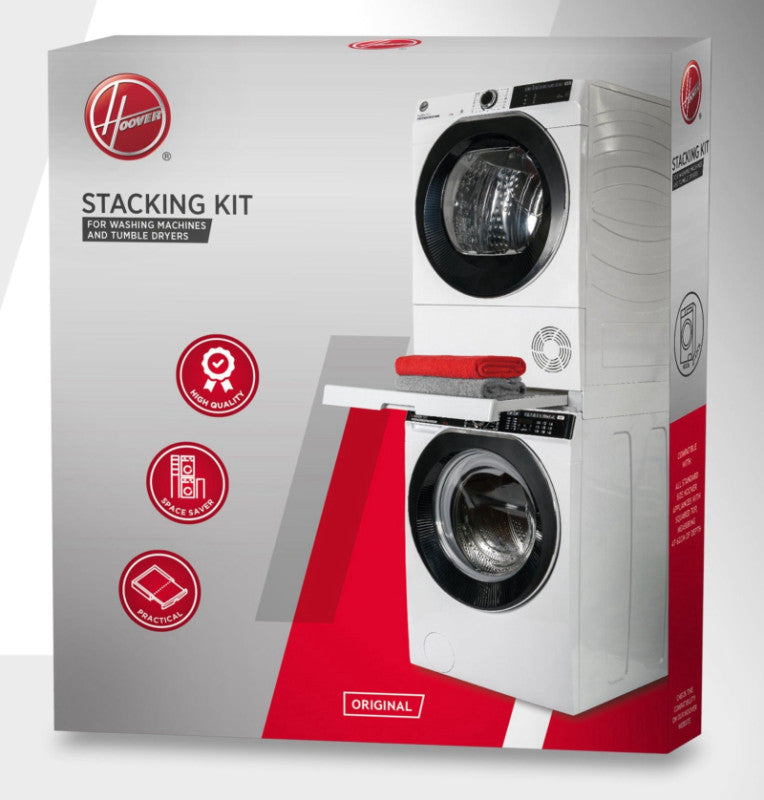
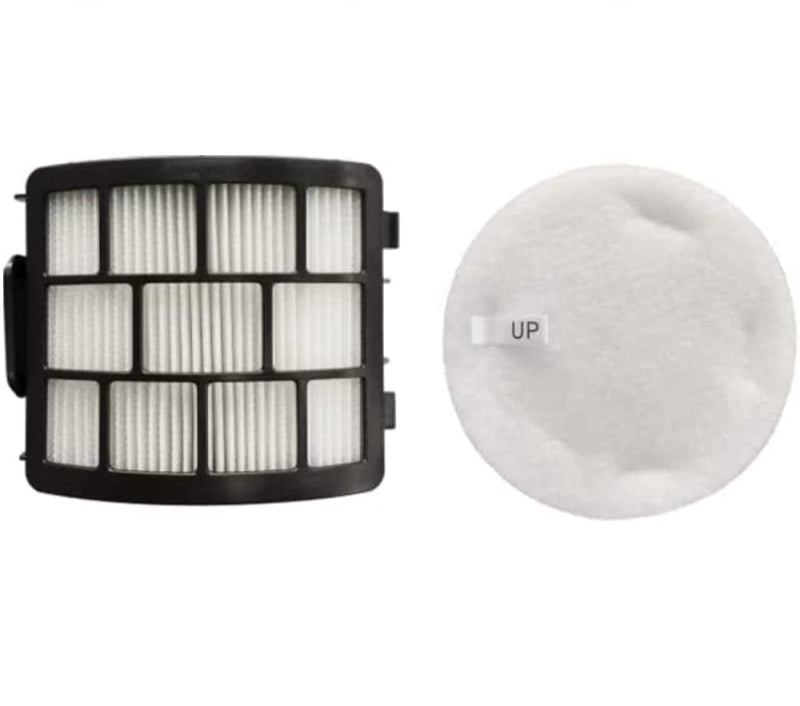

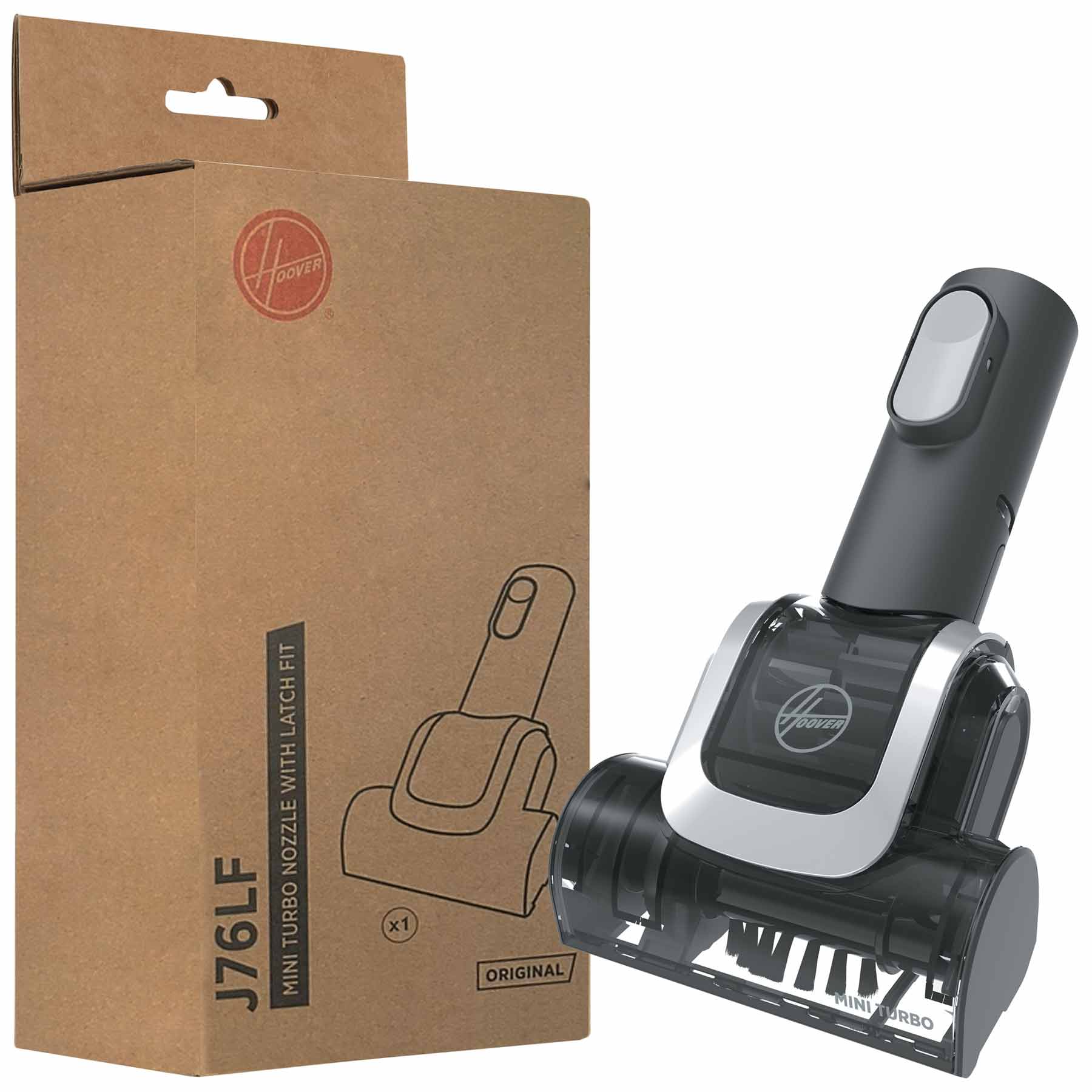

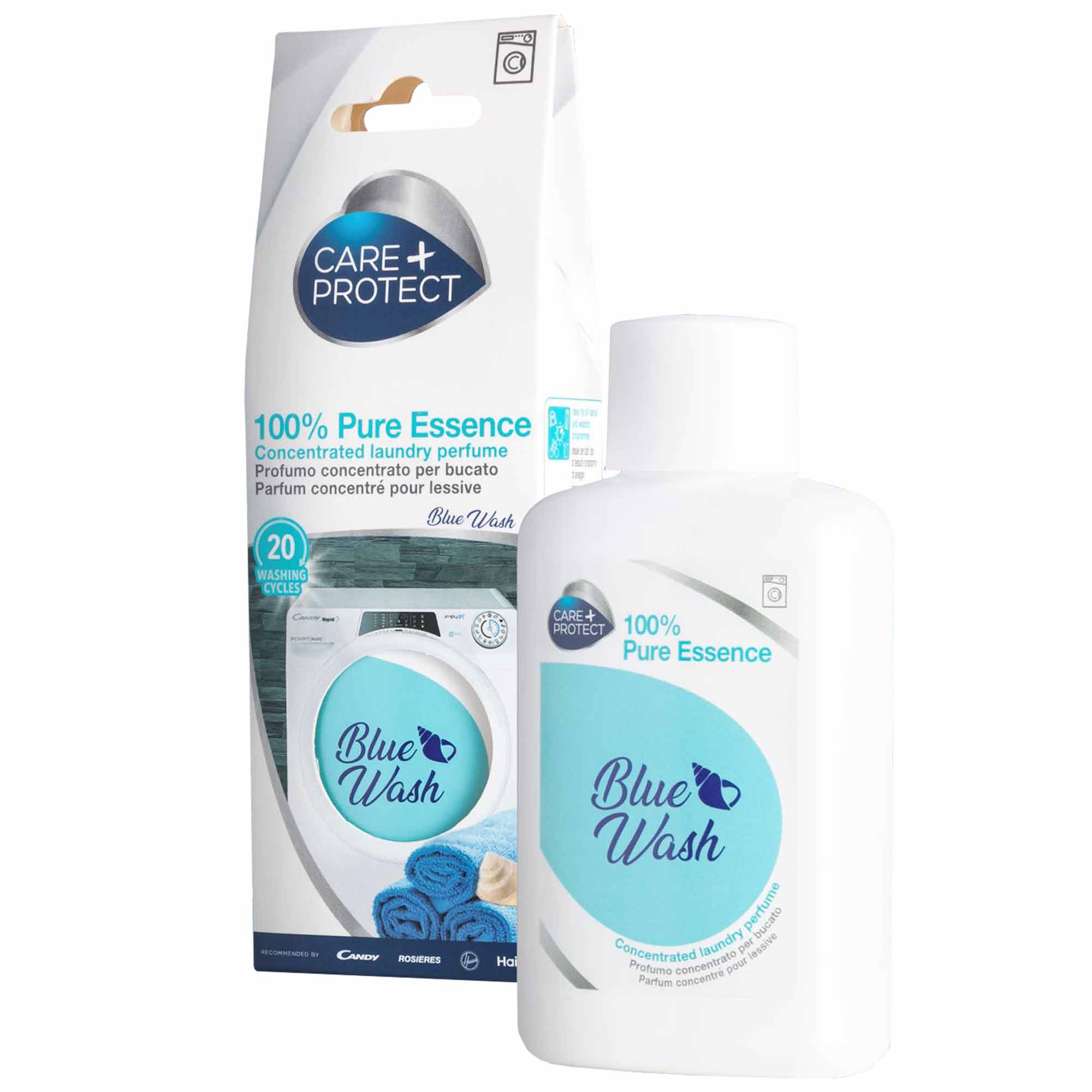
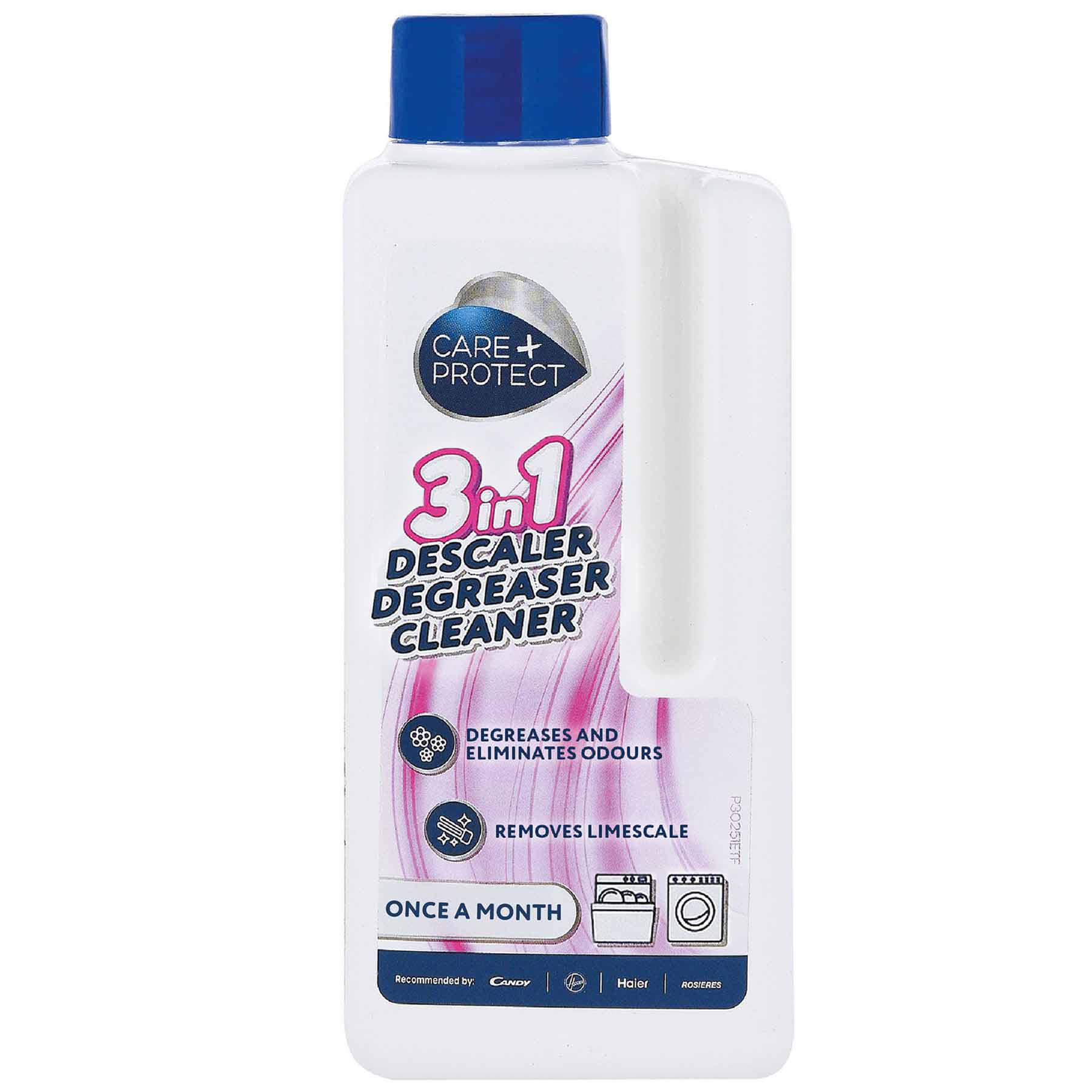

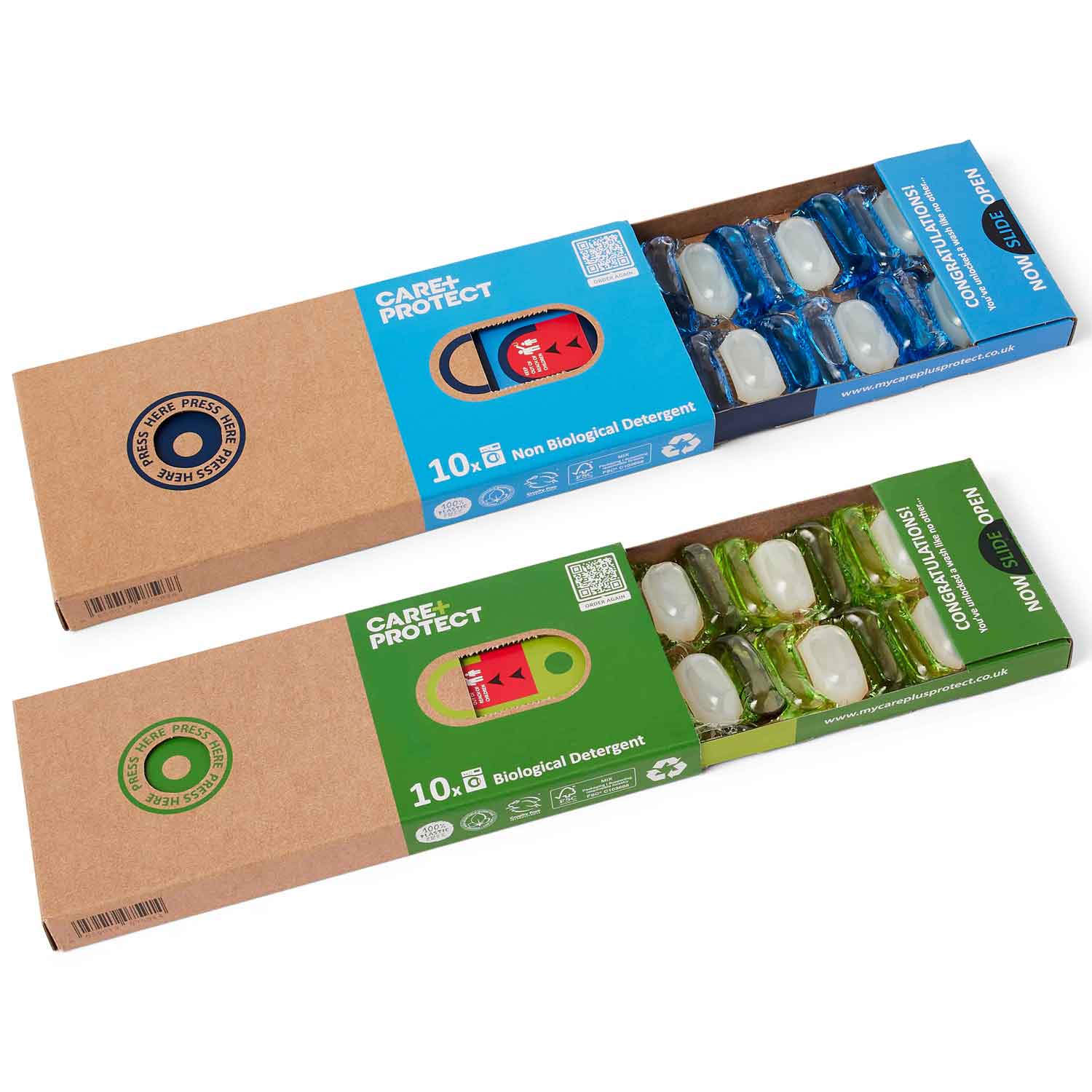
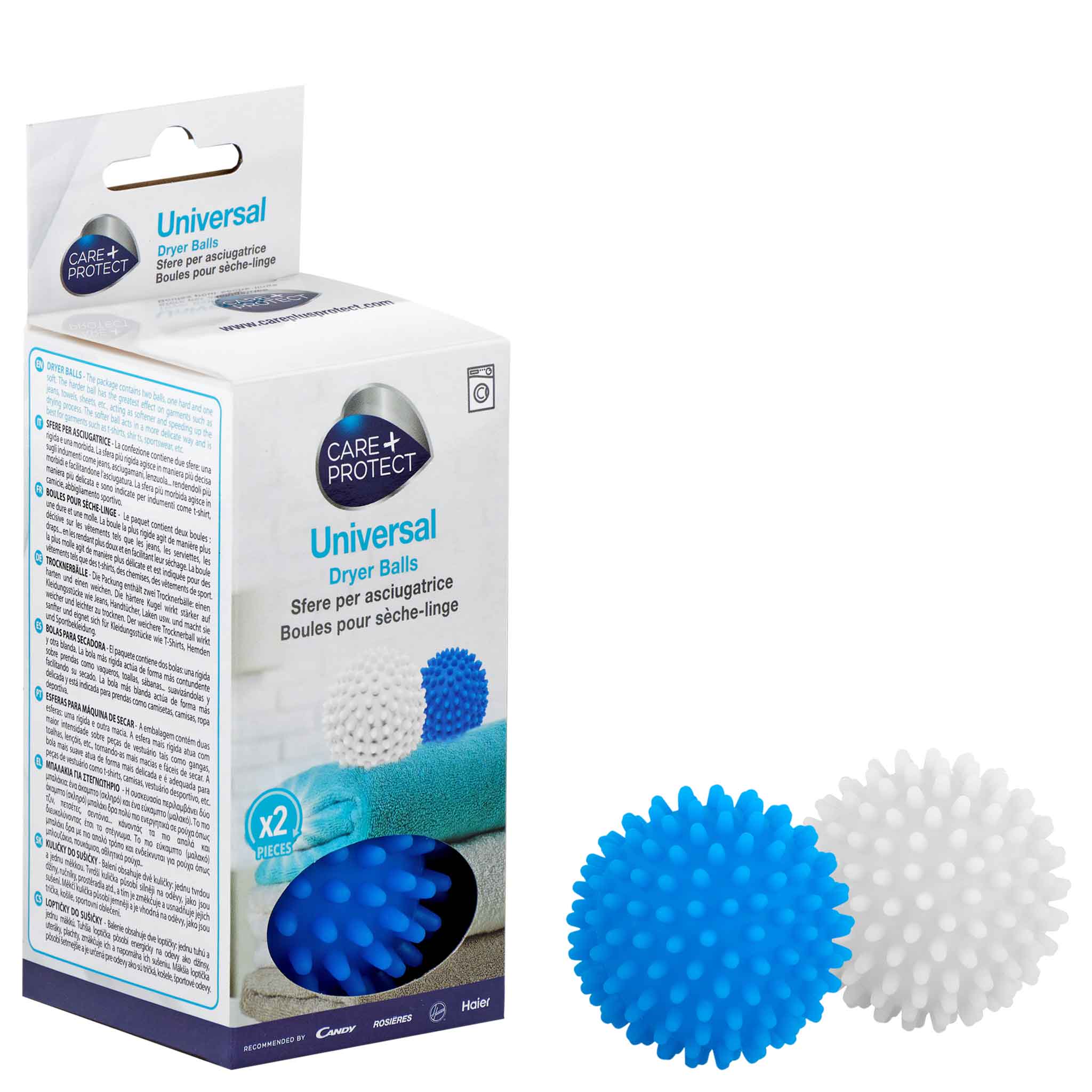
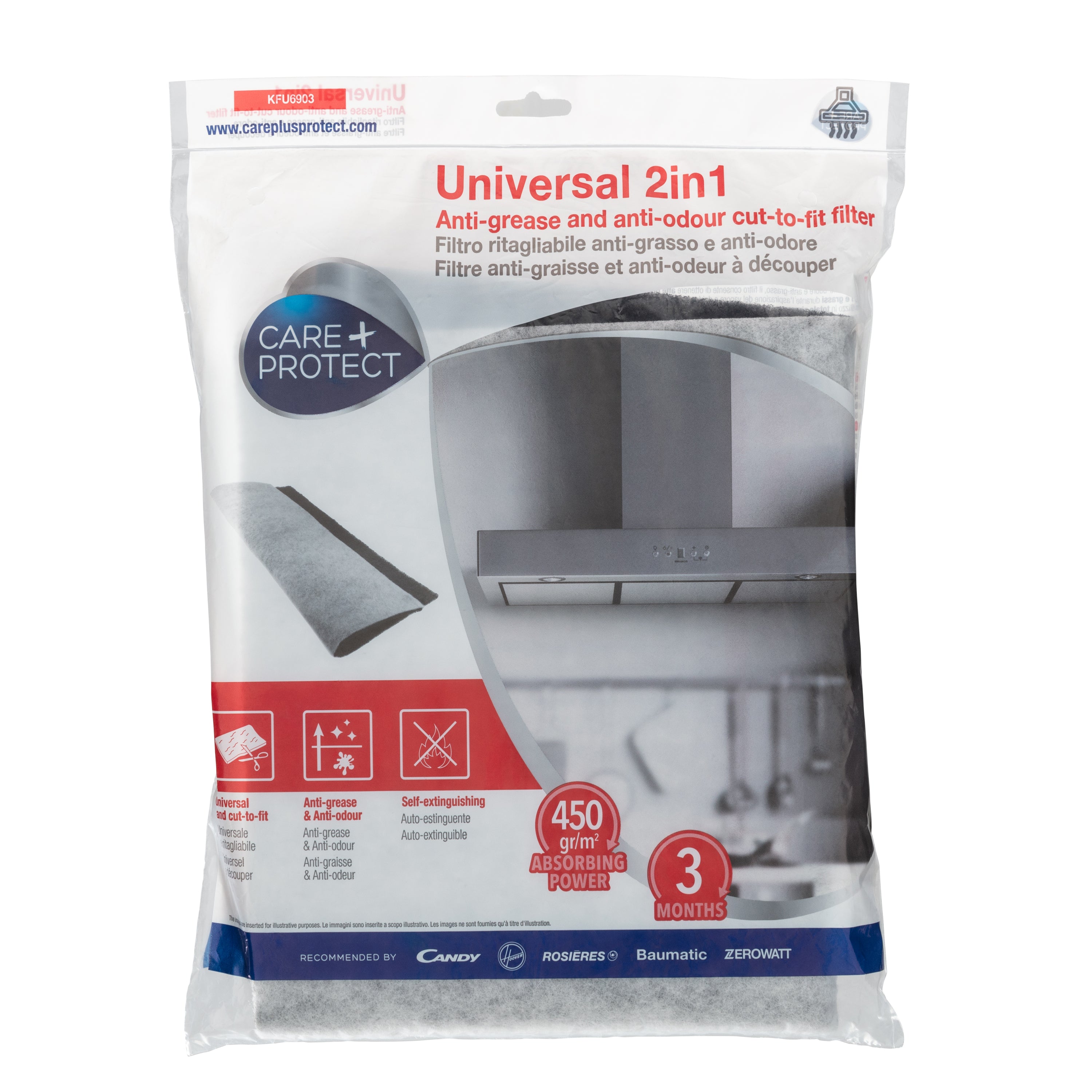
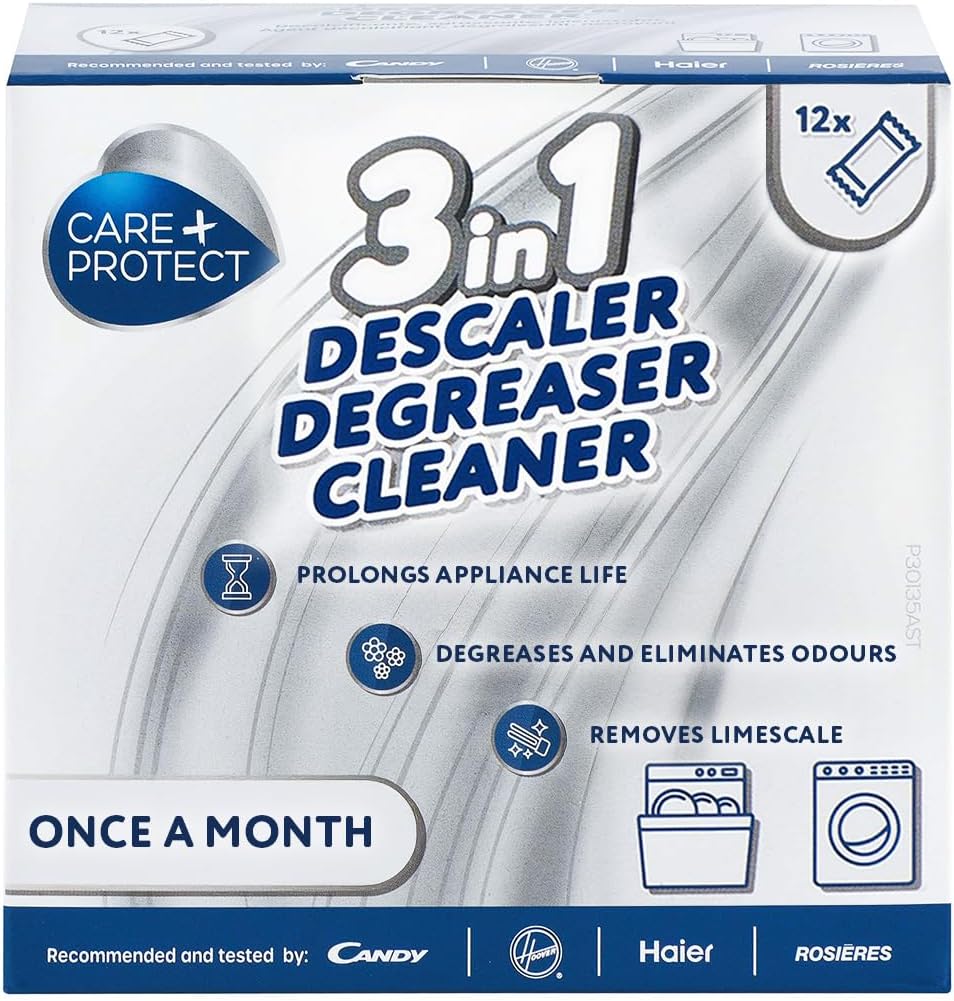
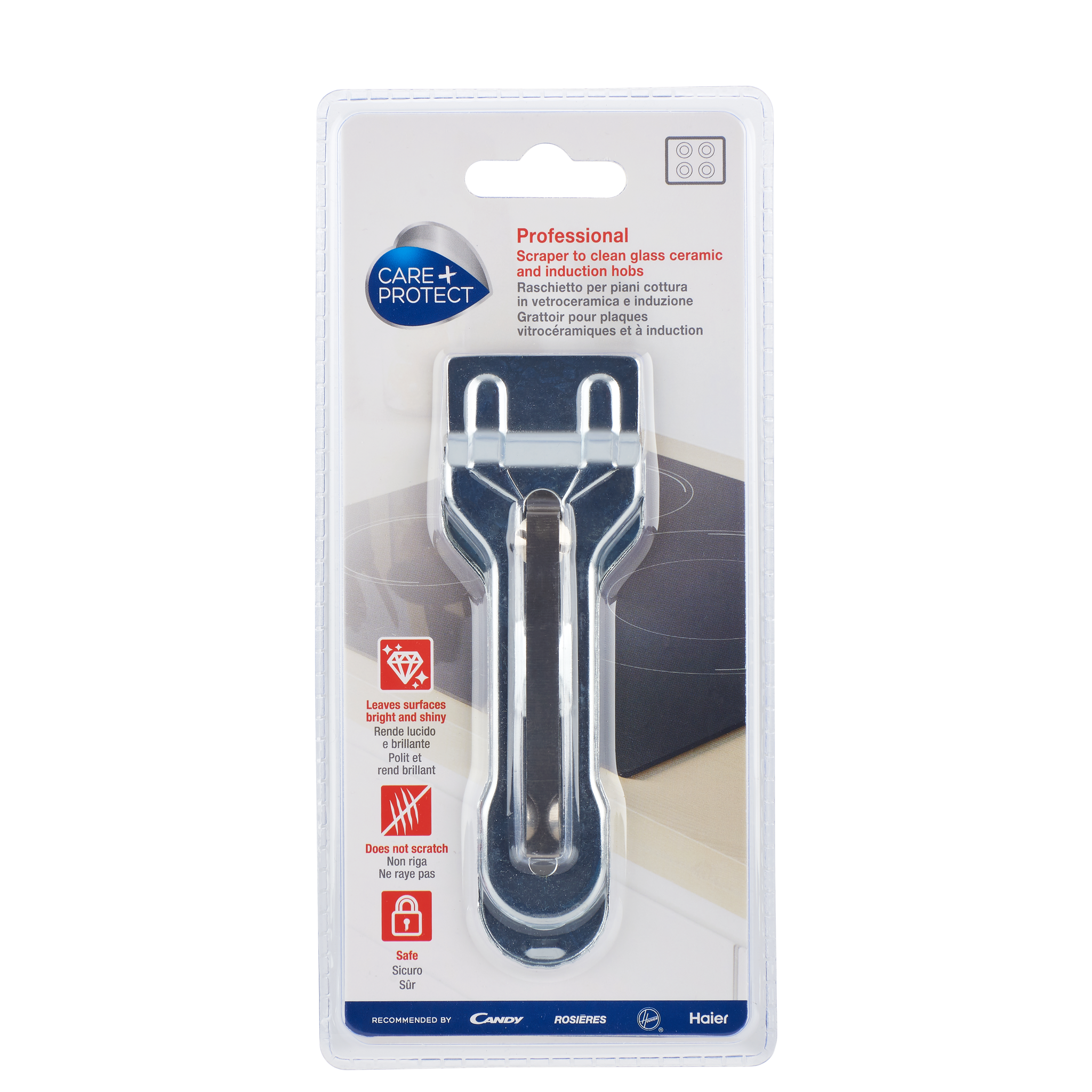
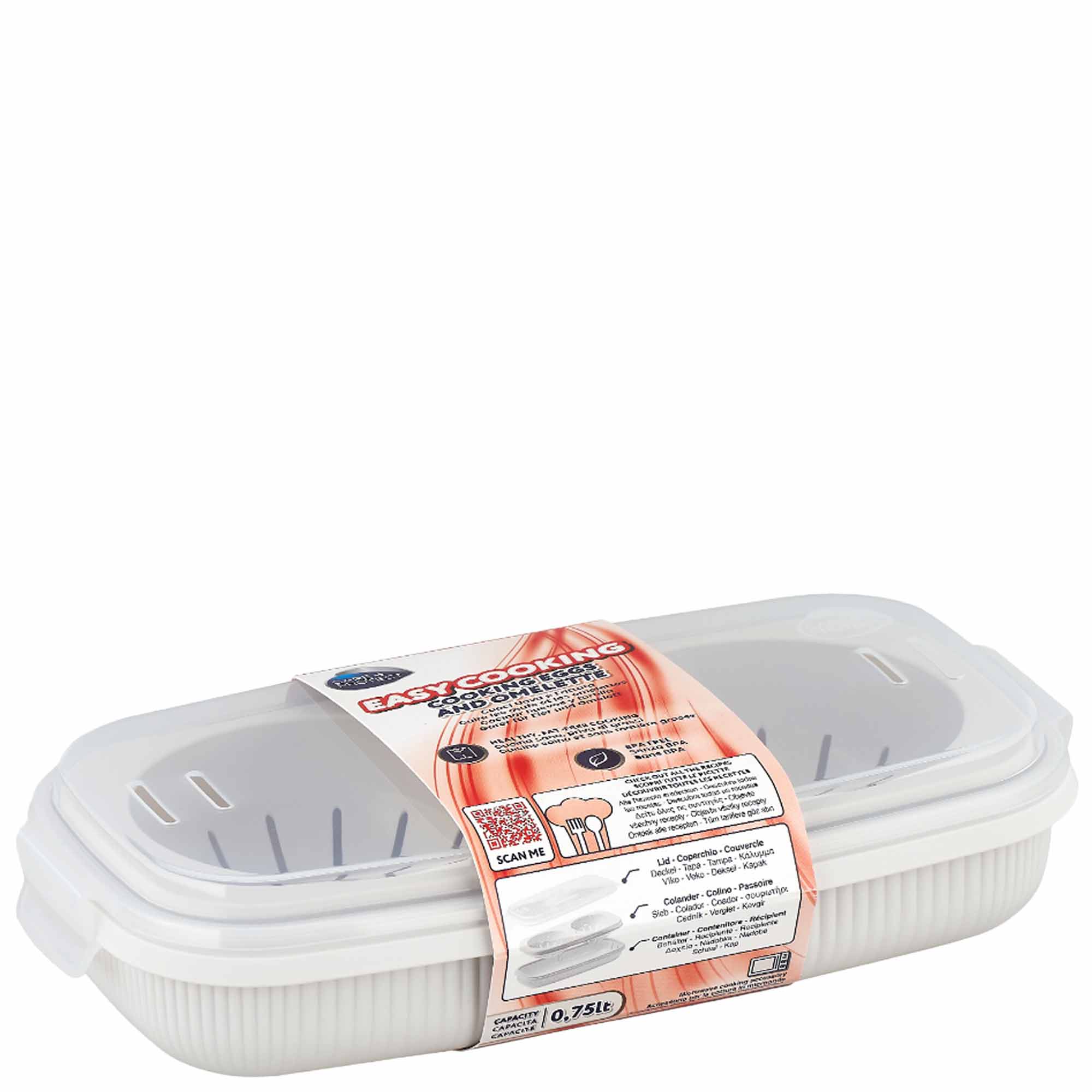

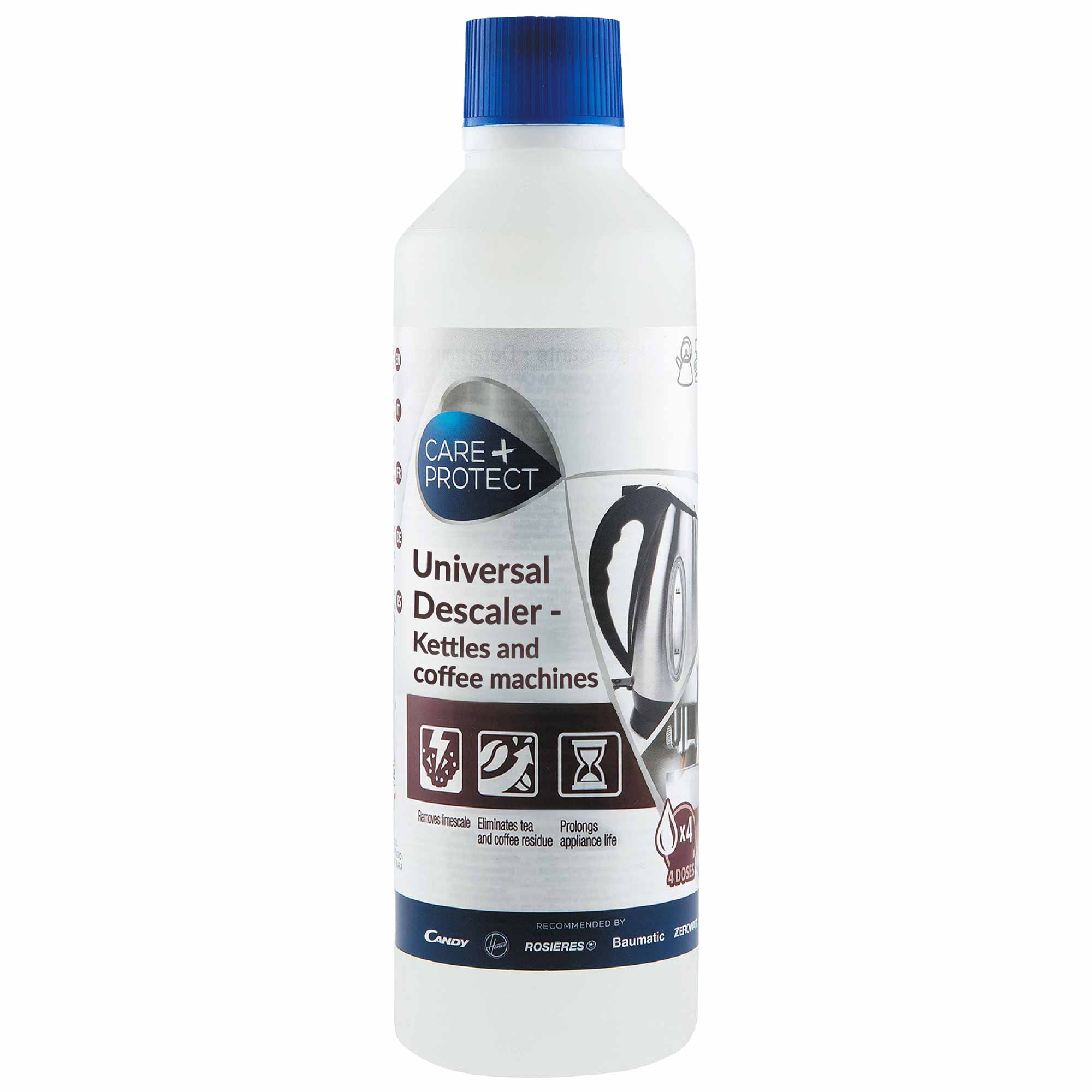
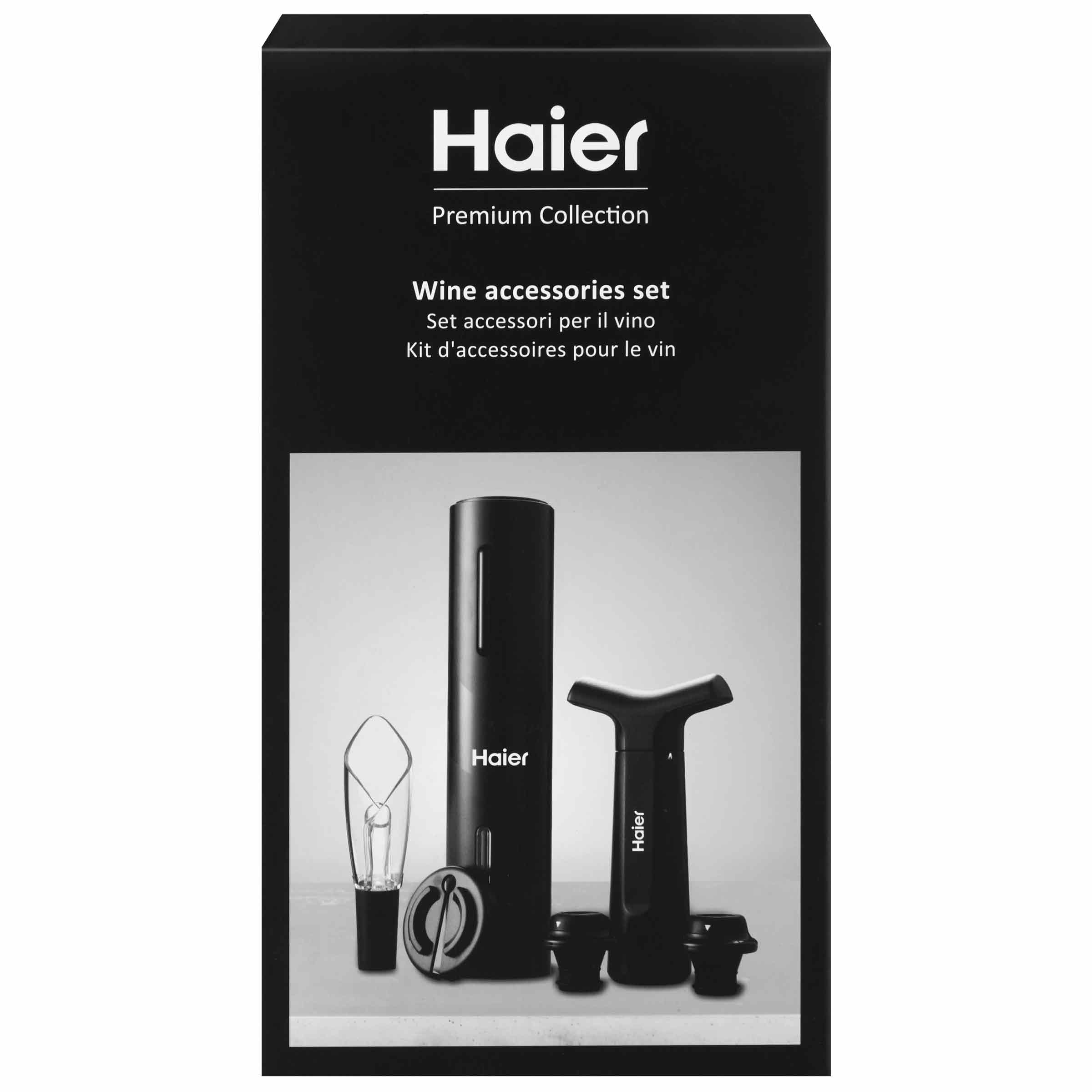
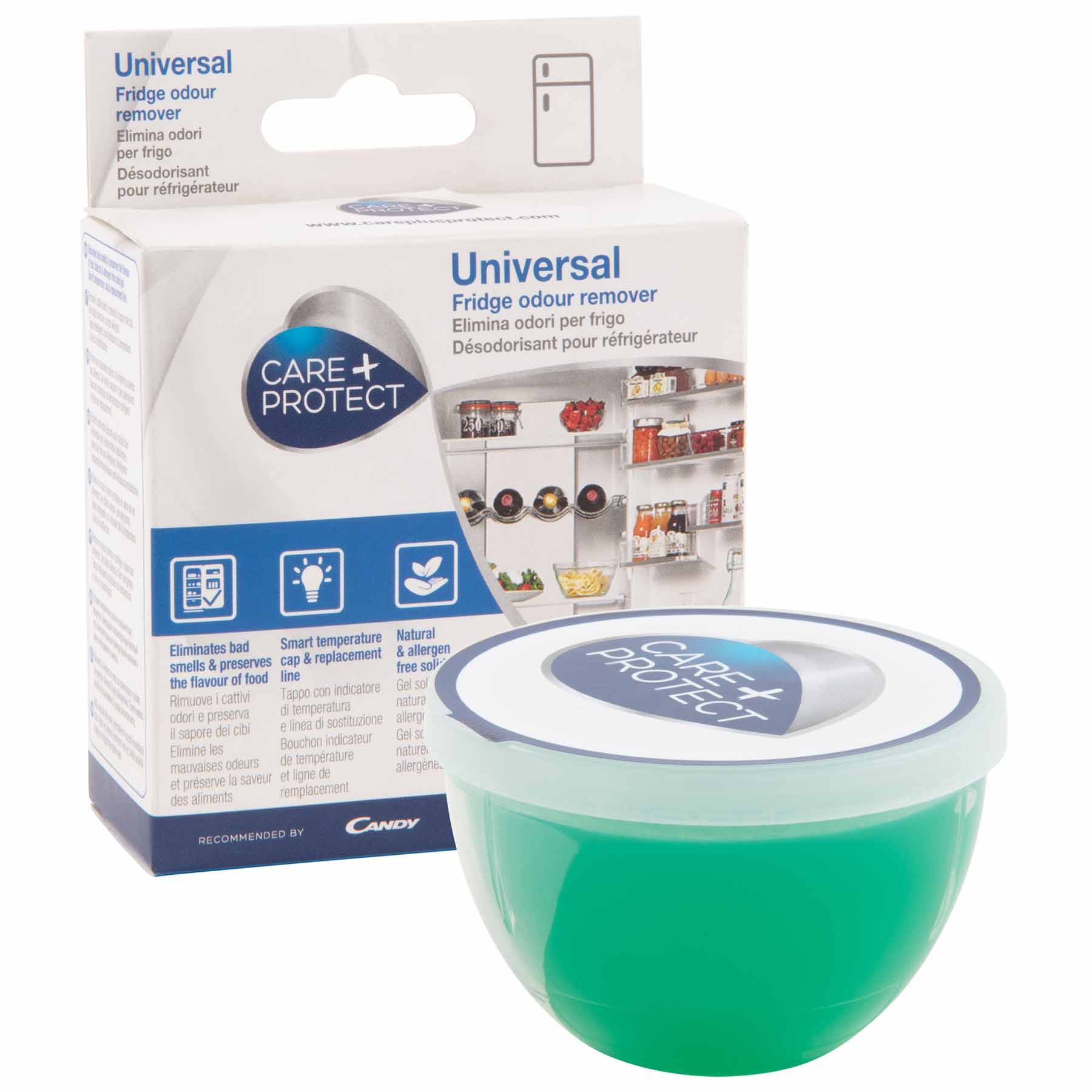
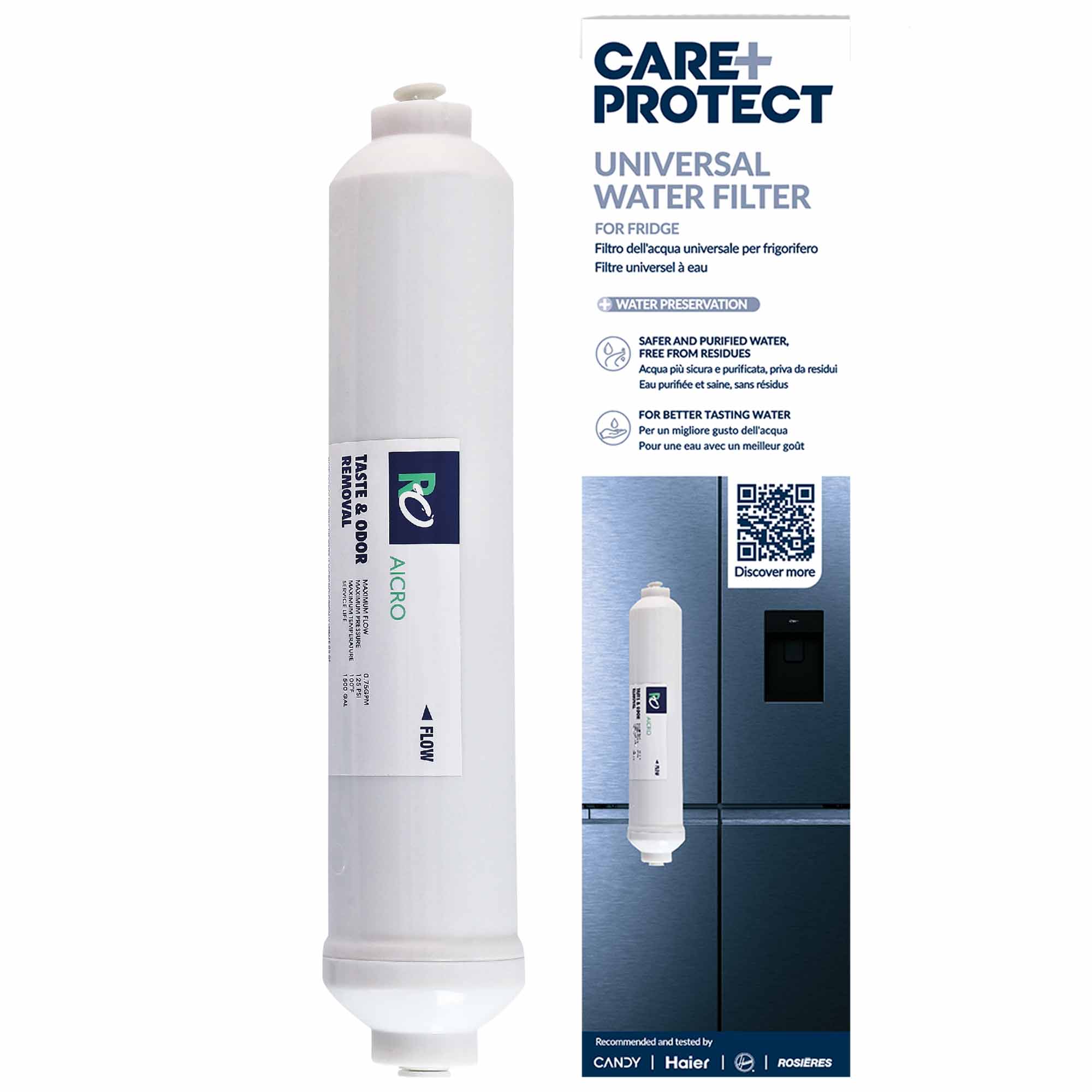
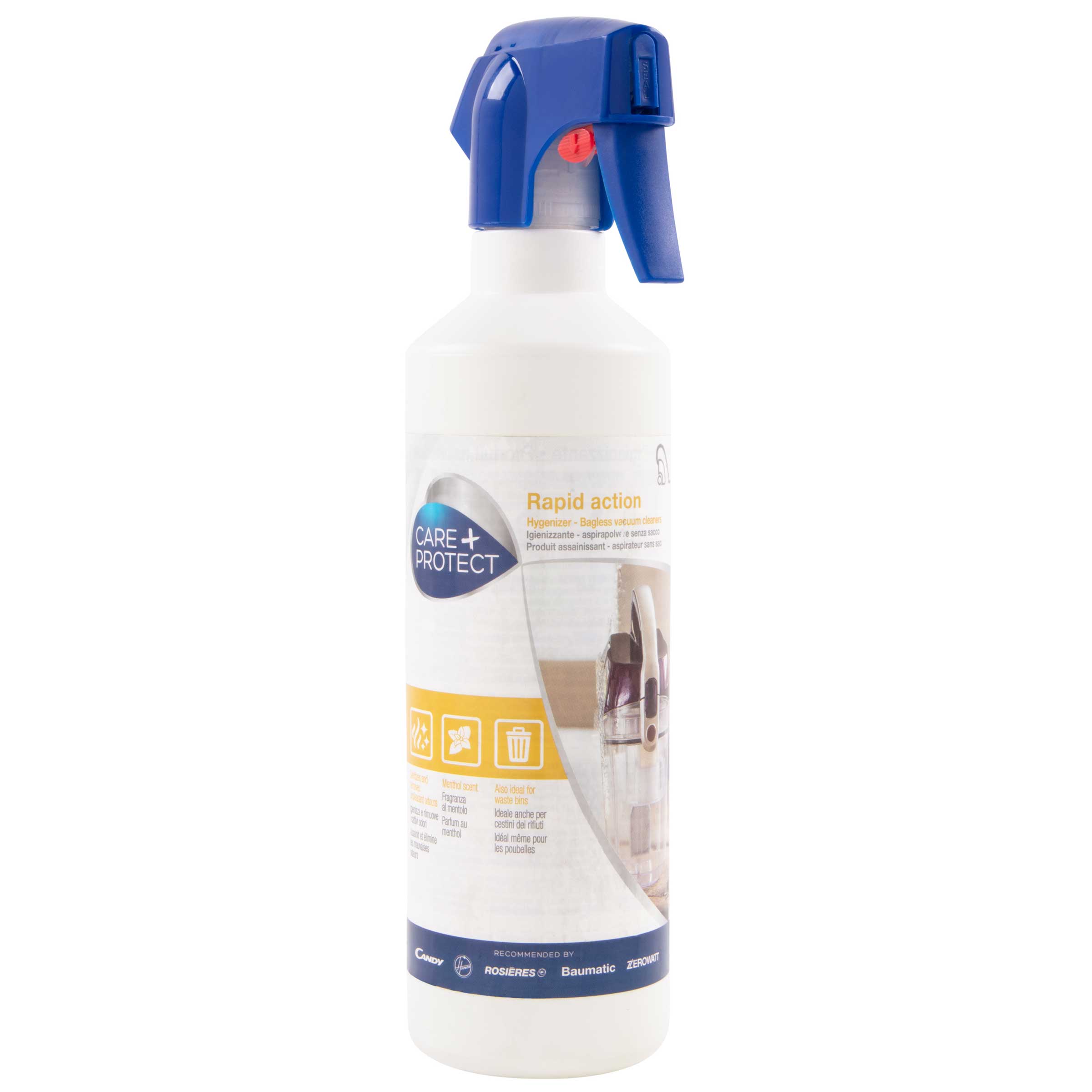
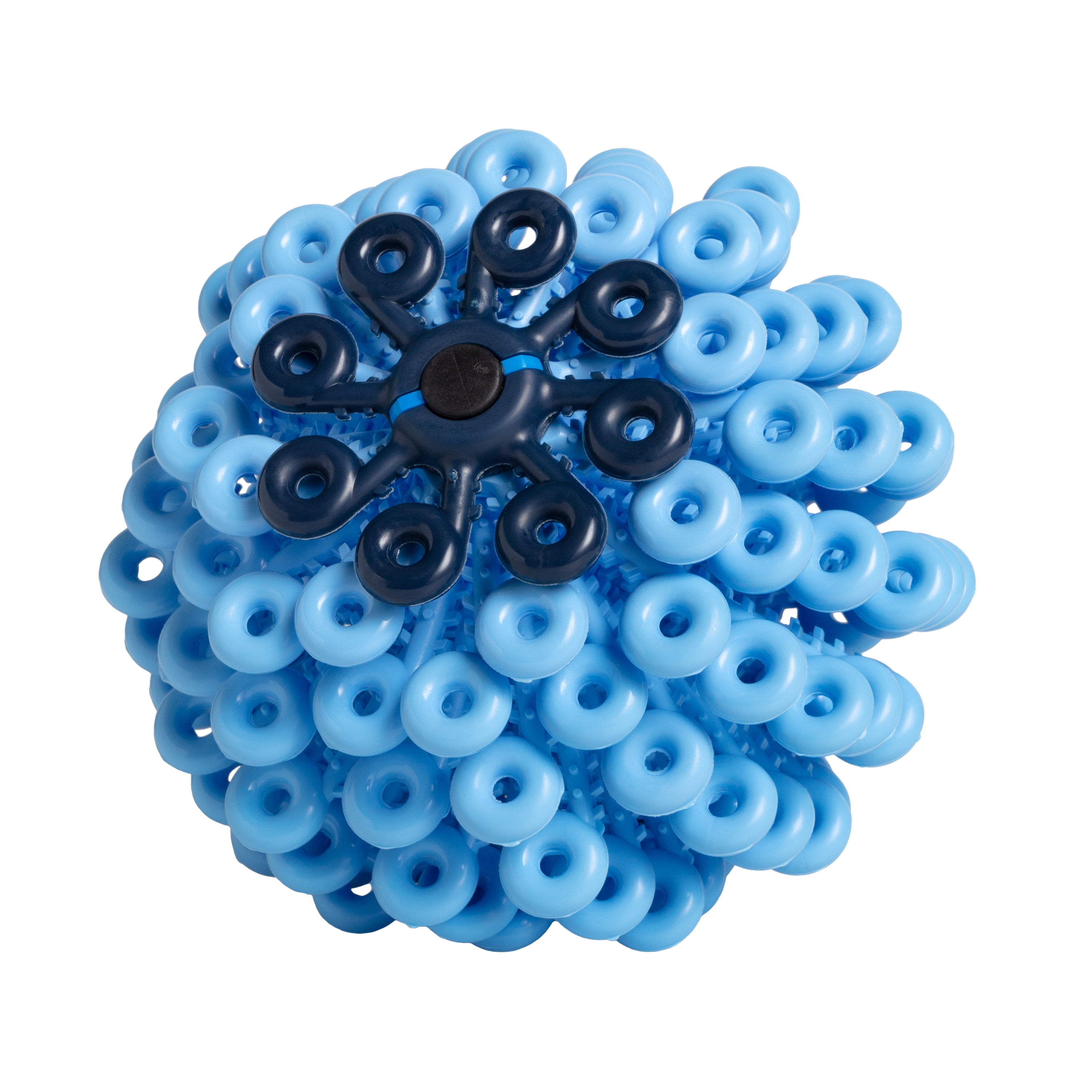
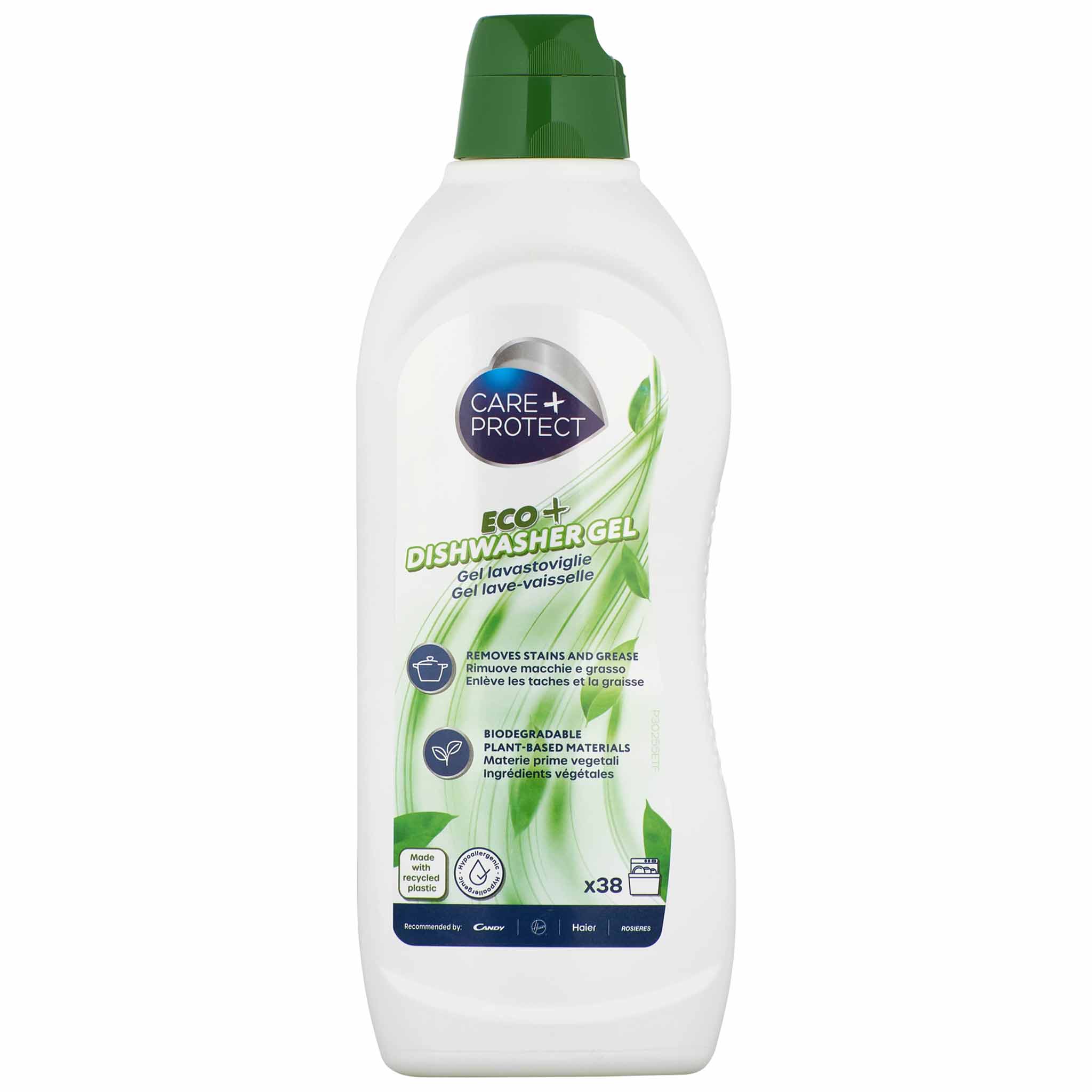
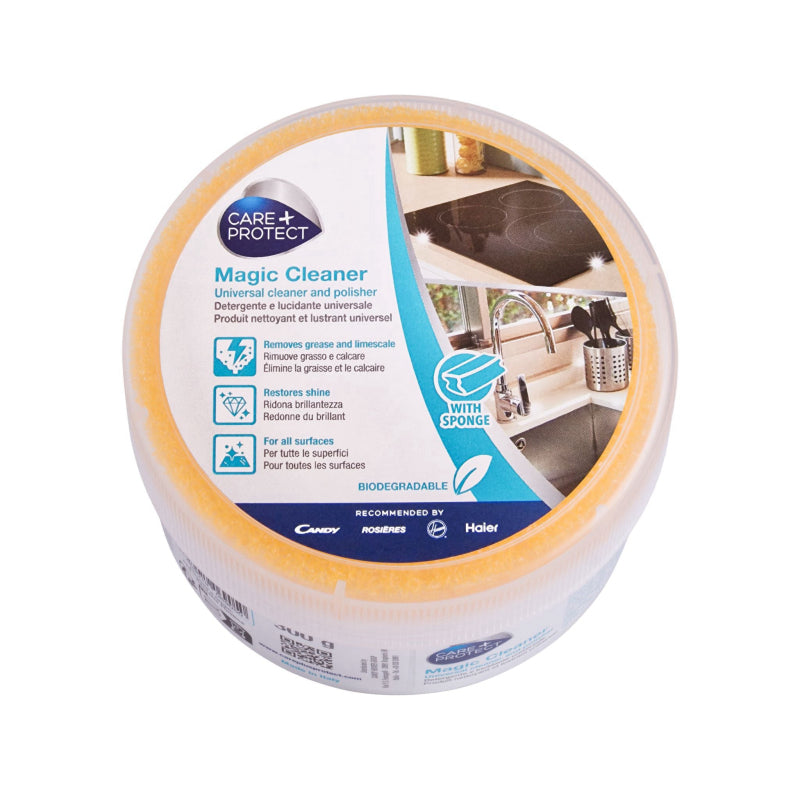
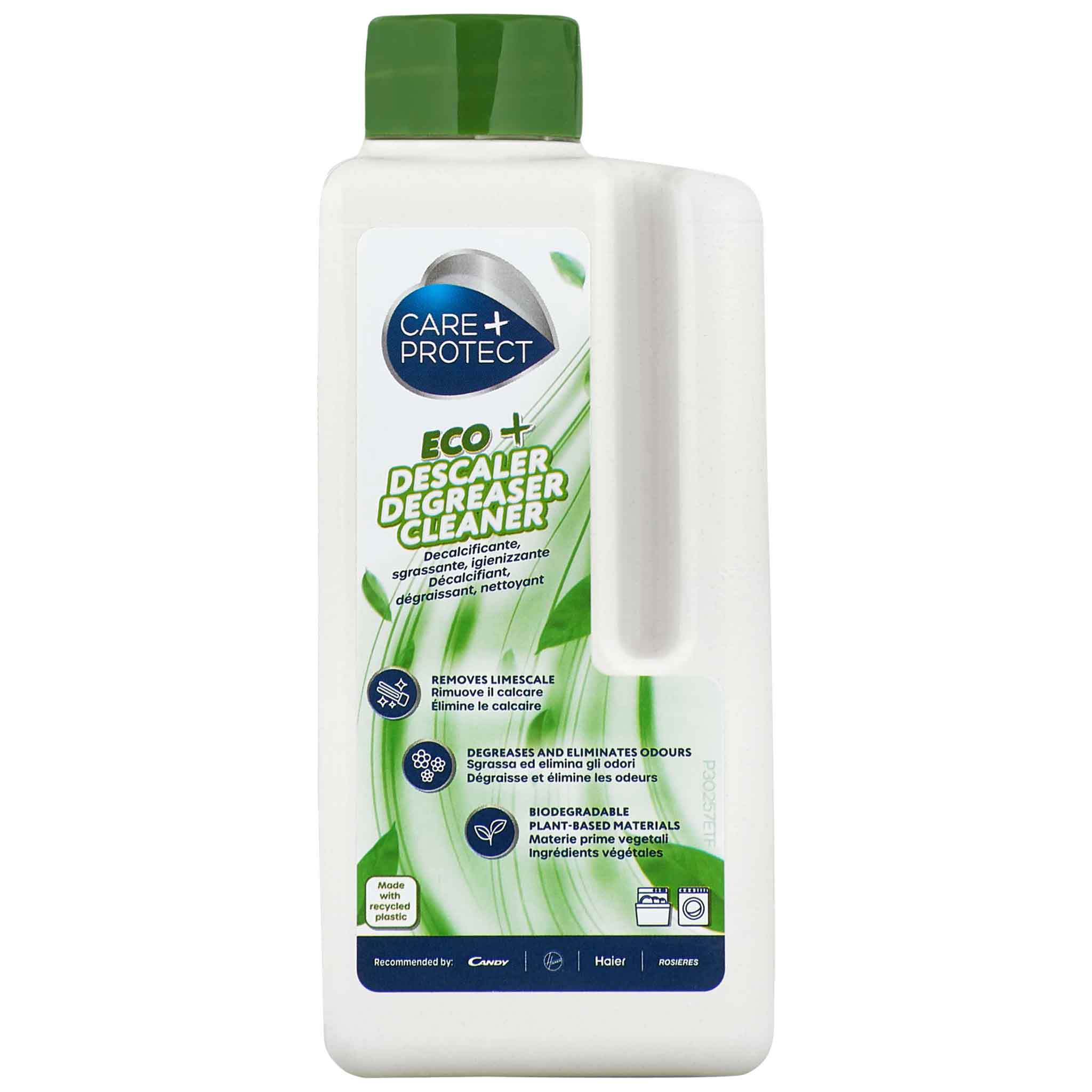

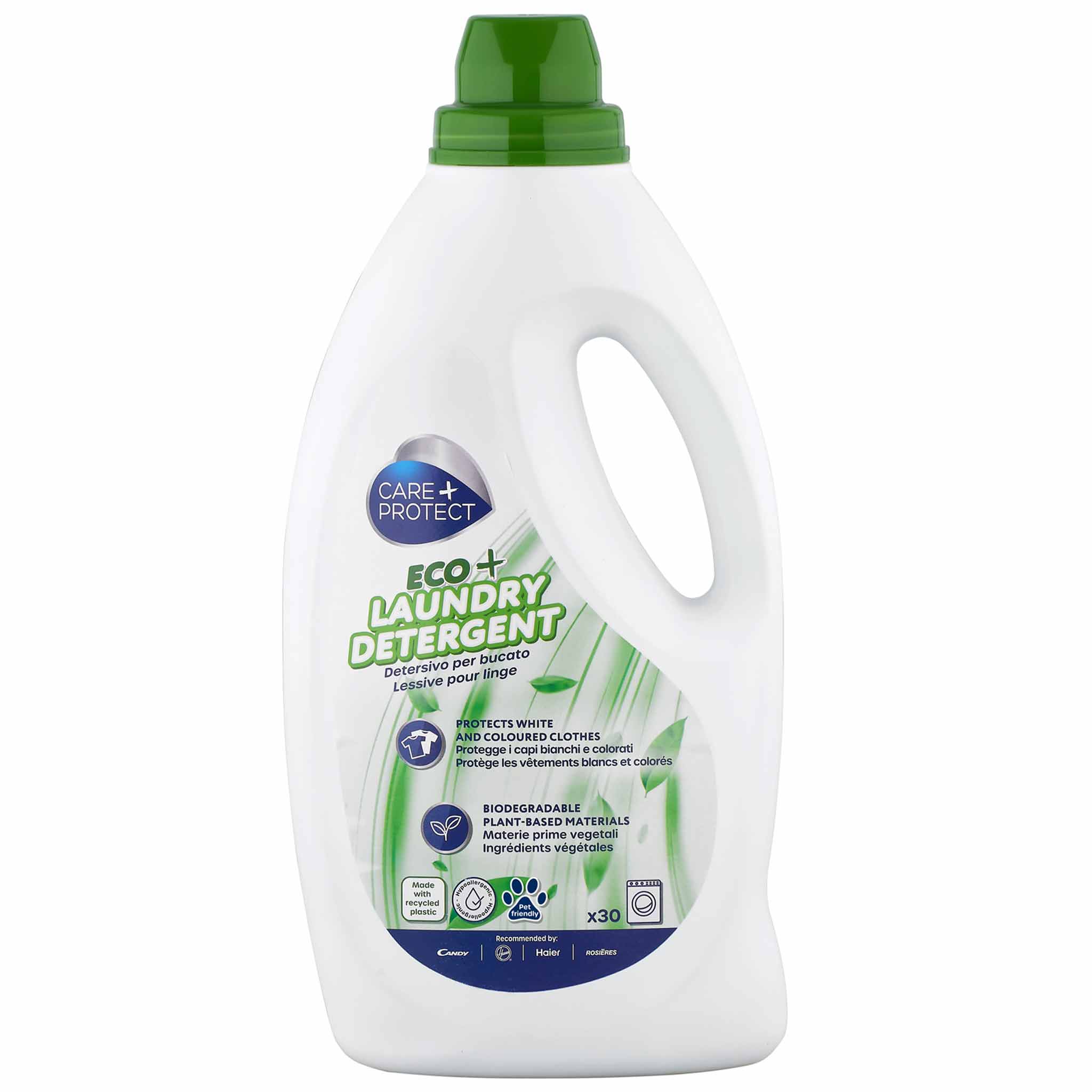



Leave a comment